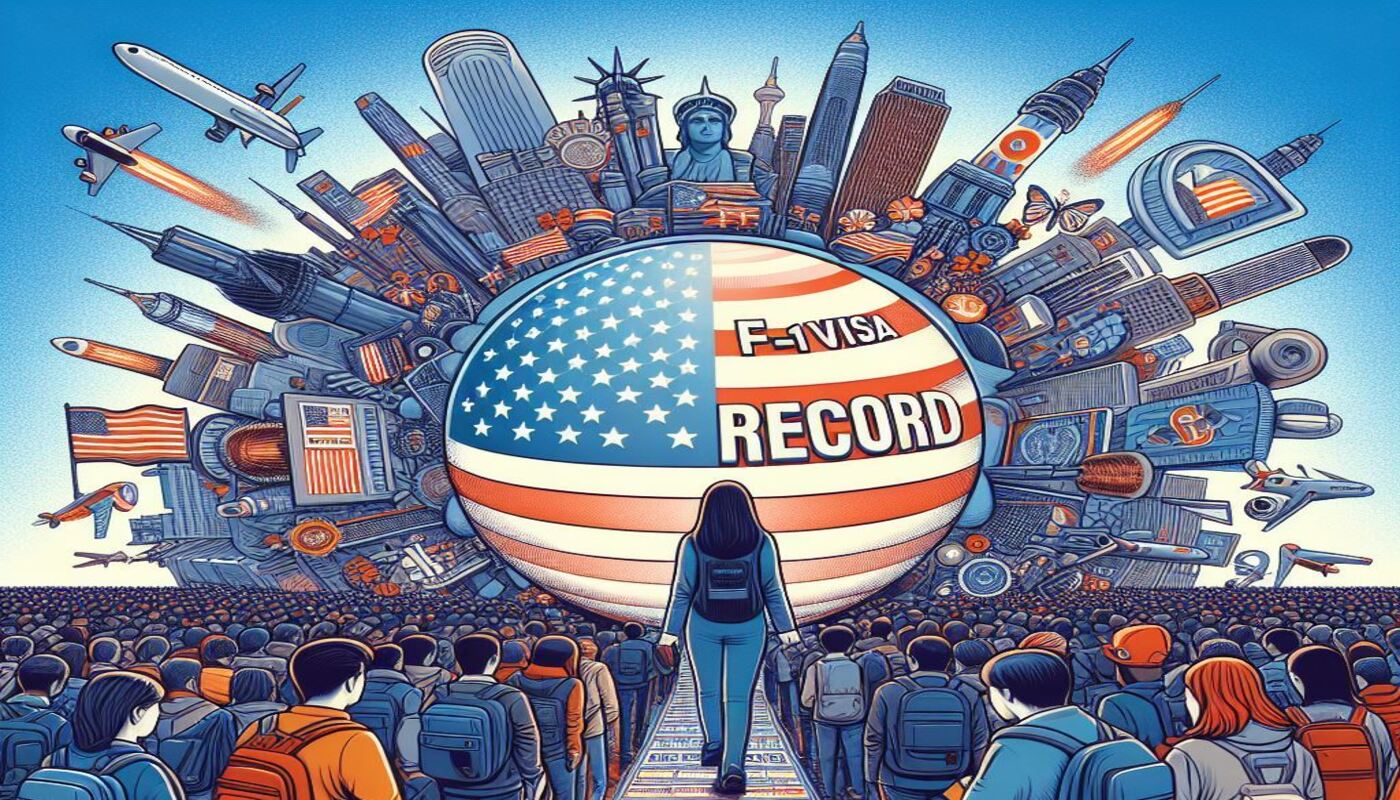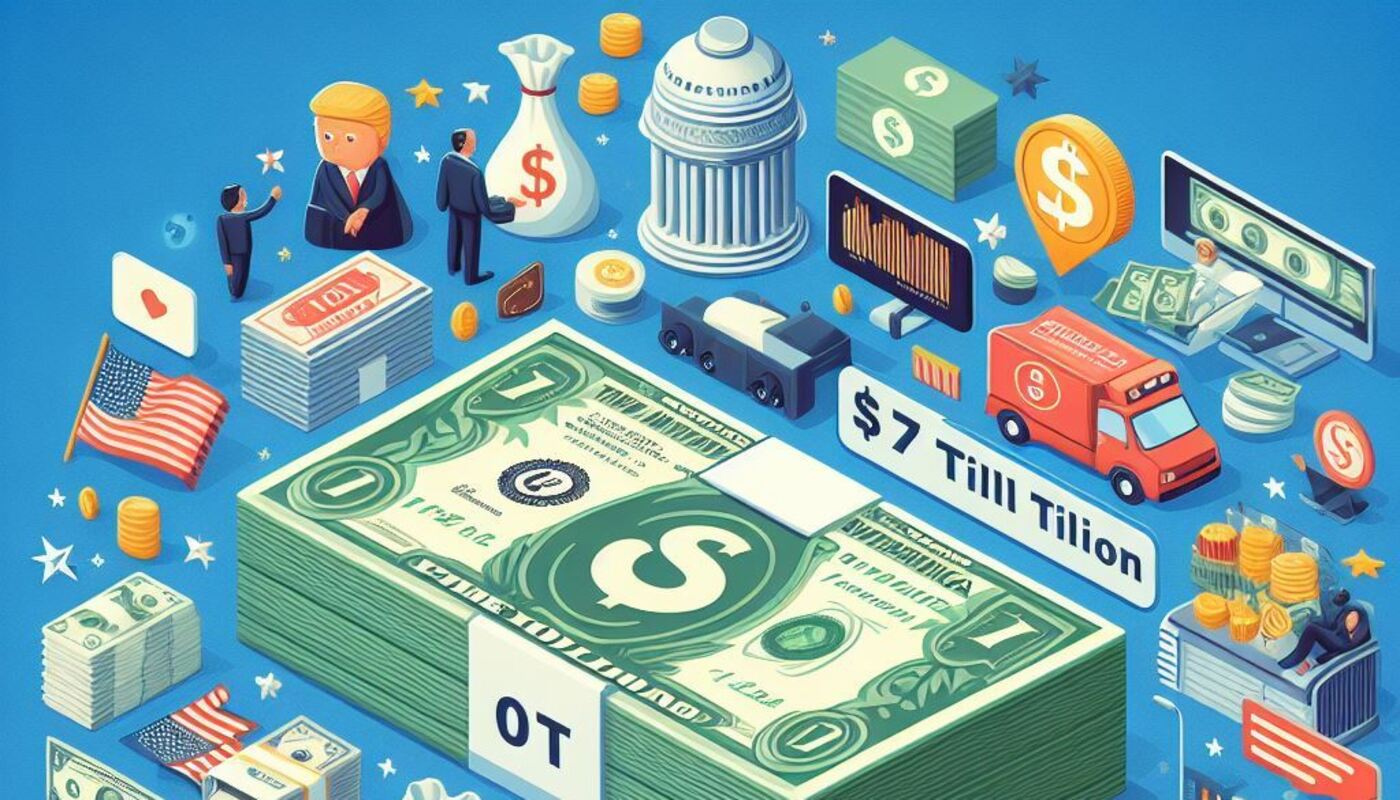A discussion on the role of legal immigration in the United States has sparked as experts argue that the current immigration policy should prioritize economic needs. According to the Census Bureau, immigrants make up approximately 13.7% of the total U.S. population. However, research conducted by the Cato Institute reveals that less than 1% of those seeking permanent residence in the U.S. can do so legally. Theresa Cardinal Brown, a senior advisor at the Bipartisan Policy Center, highlights the disparity between economic demands and immigration policy, noting that many developed nations prioritize economic factors in their immigration systems. In contrast, the U.S. heavily favors family sponsorships, with 62.6% of green cards allocated for family-sponsored immigrants compared to only 21.1% for employment-based sponsorships, as reported by the Department of Homeland Security. The Cato Institute further estimates that only 1 in 1,500 new hires in the U.S. receive green cards through employment sponsorship programs. Experts emphasize the urgent need for reform in the U.S. legal immigration system to align with the country’s economic objectives. Simon Hankinson, a senior research fellow at the Heritage Foundation, calls for reforms that ensure immigrants are admitted based on the needs of the U.S. economy, suggesting that the current system, last updated in 1990, no longer reflects the nation’s demographic and economic landscape.
Source: CNBC






















